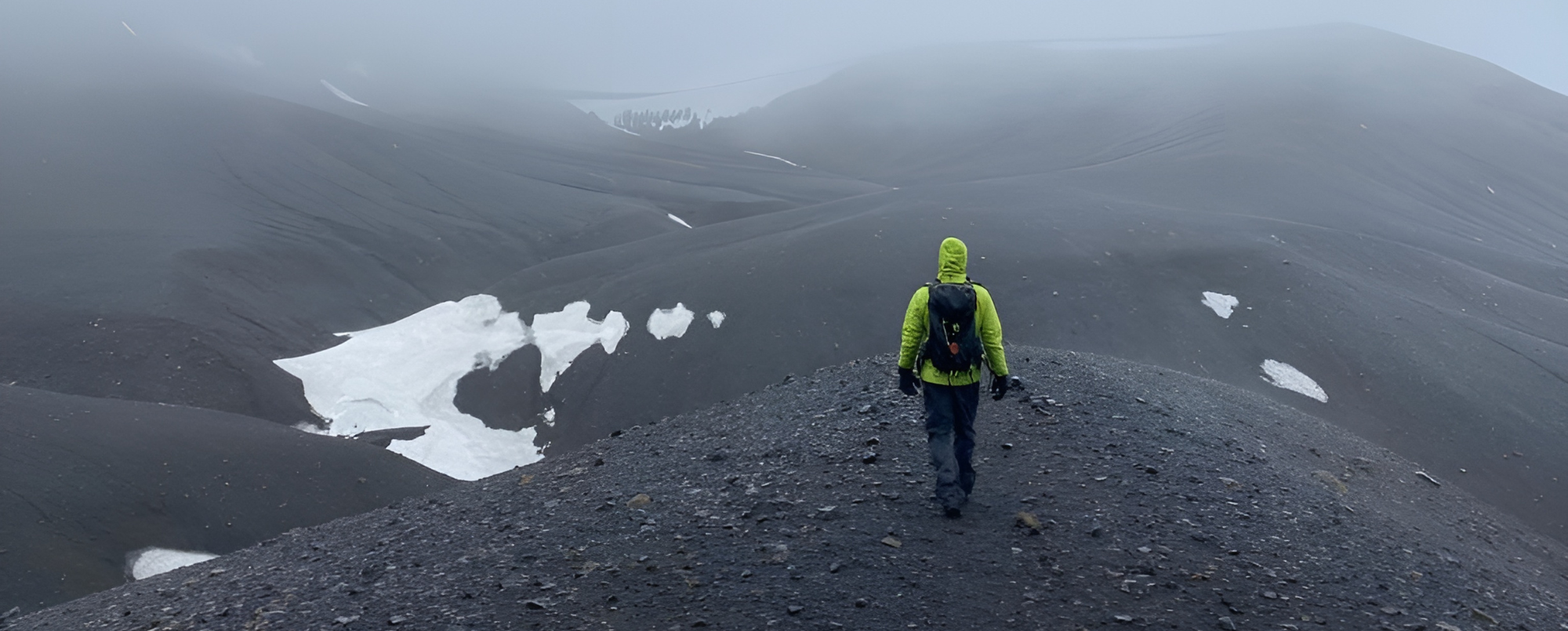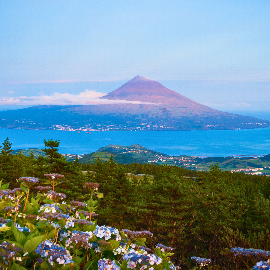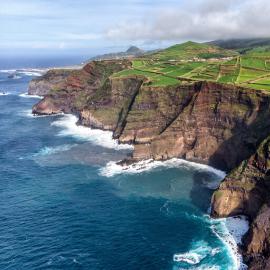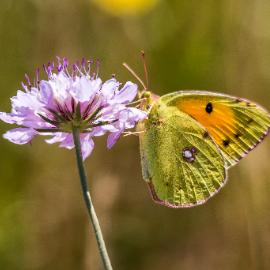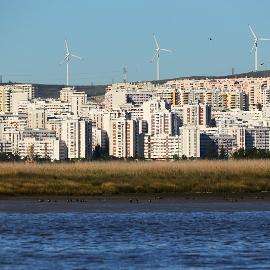PhD training is vital for research centres as it ensures the continual infusion of new knowledge, innovative ideas, and advanced methodologies into the research environment.
By mentoring the next generation of researchers, CE3C cultivates critical thinking, problem-solving skills, and a deep understanding of scientific principles.
CE3C researchers coordinate 5 PhD programmes in collaboration with different national institutions:
Biodiversity, Genetics and Evolution (BIODIV)
BIODIV is a joint initiative by the University of Lisbon and the University of Porto that fosters an intellectually stimulating and supportive atmosphere for students to progress from research training to research independence. See the BIODIV website for general information.
BIODIV covers a variety of research domains, such as functional ecology, population genomics, evolutionary biology, behavioural ecology, landscape ecology, wildlife management, and global changes. In BIODIV lies an opportunity to work with leading scientists on research projects all over the world.
CE3C coordinators: Margarida Matos & Rui Rebelo
Biology and Ecology of Global Changes (BEAG)
The PhD Programme in “Biology and Ecology of Global Changes” is a co-tutoring PhD programme between the University of Lisbon and the University of Aveiro. The programme demands a strong interest of students in the areas of specialization of the programme (Tropical Biology and Ecology; Marine Biology and Ecology; Ecology and Functional Biodiversity; Genome Biology and Evolution: Environmental Biology and Health).
Its main objectives are centred in global changes issues, including the understanding the impact of global changes in living organisms and ecosystems taking into account current scenarios and projections. The total length of the programme is 4 years.
CE3C coordinators: José Pedro Granadeiro & Ana Sofia Reboleira
Sustainability Science
The University of Lisbon Doctoral Degree in Sustainability Science addresses this challenge by offering: an innovative programme which seeks interdisciplinarity, the application of science to real problems, and the integration of knowledge and innovation with the participation of society and citizens. The goal of this Doctoral Degree is to promote excellent and internationally competitive advanced training, transversely integrating solid and up-to-date knowledge for sustainable development.
This Doctoral Degree is unique in the way it combines a truly multidisciplinary composition of its Faculty members with immersive education processes. Acquisition and integration of new knowledge is rooted in project team work, autonomous work and use of information and communication technologies, with Professor monitoring and supervision through multidisciplinary discussion and debates.
CE3C coordinators: Cristina Branquinho & Margarida Santos-Reis
Biology (3CBIO, Azores)
The 3rd cycle of studies in Biology (3CBIO) aims to train highly qualified researchers in the field of biology that demonstrate innovative capacity and competencies to design and implement research and development projects, in an original and autonomous way. The advanced training that is offered as part of this cycle of studies is based on the acquisition of knowledge and familiarisation with advanced techniques in the field of biology, but also in learning and internalisation of the scientific method, as well as in the development of analytical and advanced communication skills.
CE3C coordinator: António Onofre Soares
Interdisciplinary Management of Landscape
A joint PhD programme between the Universities of the Azores, Lisbon and Évora, aimed to develop methodological approaches and capacities to support scientifically the design and evaluation of public policies and management tools which can contribute for meeting the demands of society concerning land cover, which requires interdisciplinary developments integrating a variety of scientific fields as ecology, soil sciences, hydrology, agronomy, economy, sociology, geography, political science and ethics. There are interdisciplinary fields of this type in approaches such as landscape ecology, conservation biology, ecological economics, and regional sciences, but there is a need for more integrative work and progression in this domain, so that adequate conceptual background and practical solutions can be met.
CE3C coordinator: Paulo A. V. Borges
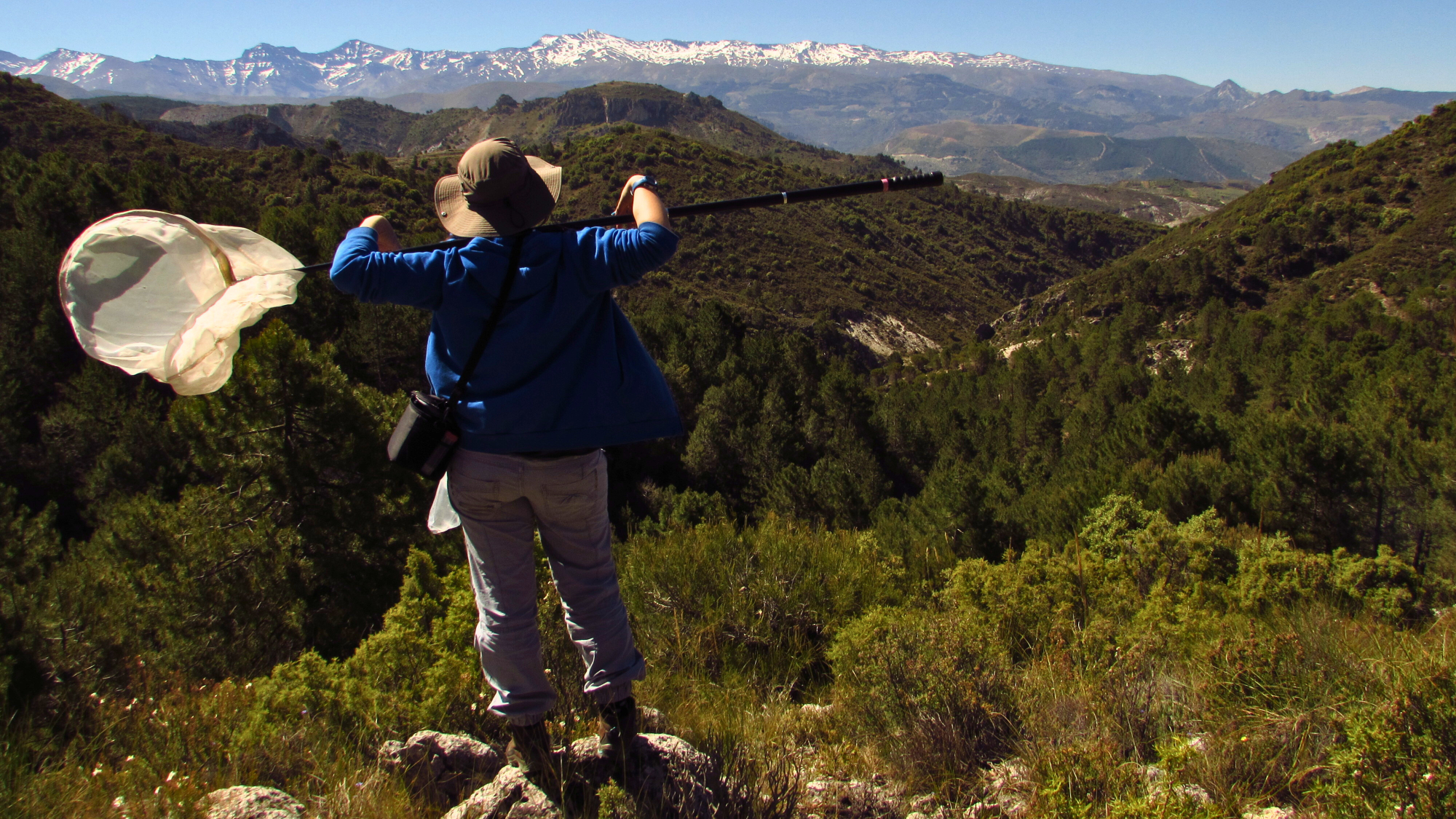
The Centre also collaborates with the following PhD programs:
Biology (Faculty of Sciences of the University of Lisbon)
The PhD in Biology covers all scientific areas within the Biology field. It aims to train professionals with a strong scientific attitude and a full domain of the methodologies allocated to its specialisation area.
Climate Change and Sustainable Development Policies
A joint initiative between the Universidade de Lisboa and the NOVA University of Lisbon. It had its first intake in the academic year 2009-2010. It is part of an interdisciplinary network focusing on the environmental and social sciences, and works in partnership with the University of East Anglia, UK, a leading international institution in these fields. It draws on the expertise of teachers and scientific researchers from the three state universities in Lisbon, all with acknowledged records of academic publication in the areas of climate change and sustainable development.
Discover the CE3C experience!
Explore what awaits you when you choose to do your doctorate - when you choose to take the next step in your career - at CE3C, and hear from current students.
Learn more
